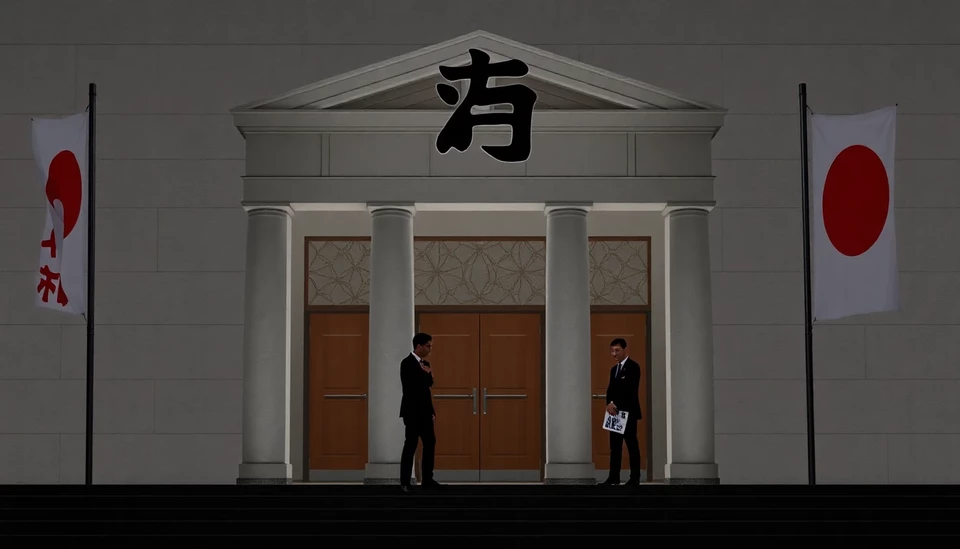
The Bank of Japan (BoJ) welcomed a new board member recently, contributing to its ongoing efforts to navigate the challenges posed by a fluctuating economy. This new addition to the committee has emphasized the importance of maintaining a flexible stance regarding any future interest rate hikes, indicating that the central bank is not bound by rigid timelines for monetary policy adjustments.
The latest appointee, who has a strong background in economic analysis, articulated that the decision-making process for rate changes will hinge largely on the evolution of economic indicators. This marks a shift towards a more adaptable approach, reflecting the BoJ's enhanced focus on real-time economic assessments rather than adhering to a predetermined schedule for hikes.
While the prior strategy of setting strict timelines for rate increases was seen as a necessary approach during times of significant economic uncertainty, the current climate calls for a more dynamic response to regulatory conditions and market vibrations. The new member's perspective aligns with the necessity for the BoJ to be responsive to domestic and international economic shifts, particularly in regard to inflation levels and consumer spending trends.
Moreover, with global economic landscapes constantly changing, the board is becoming increasingly aware of the implications of external forces on Japan's economic health. The introduction of this new viewpoint within the BoJ could signal a shift toward a more progressive framework for monetary policy, which might better accommodate the complexities of the modern economy.
As the BoJ navigates through post-pandemic recovery phases, the emphasis on flexibility may also enable the bank to more effectively tackle challenges that arise from shifts in consumer behavior and international market pressures. By avoiding a commitment to fixed timelines for rate adjustments, the BoJ could enhance its credibility and foster greater trust among investors and the public.
Overall, the appointment, coupled with the new board member's insights, paints a promising picture of adaptability within the Bank of Japan’s future policy framework. The commitment to a flexible economic strategy may well be an essential ingredient for successfully guiding Japan through its economic recovery amidst an unpredictable global environment.
In conclusion, as the Bank of Japan gears up to meet the demands of an evolving economy, the approach led by the new member suggests a commitment to prudence and responsiveness — key elements that could define the central bank’s strategies in the months and years to come.
#BankOfJapan #InterestRates #Economy #MonetaryPolicy #EconomicRecovery #FiscalStability
Author: Laura Mitchell




